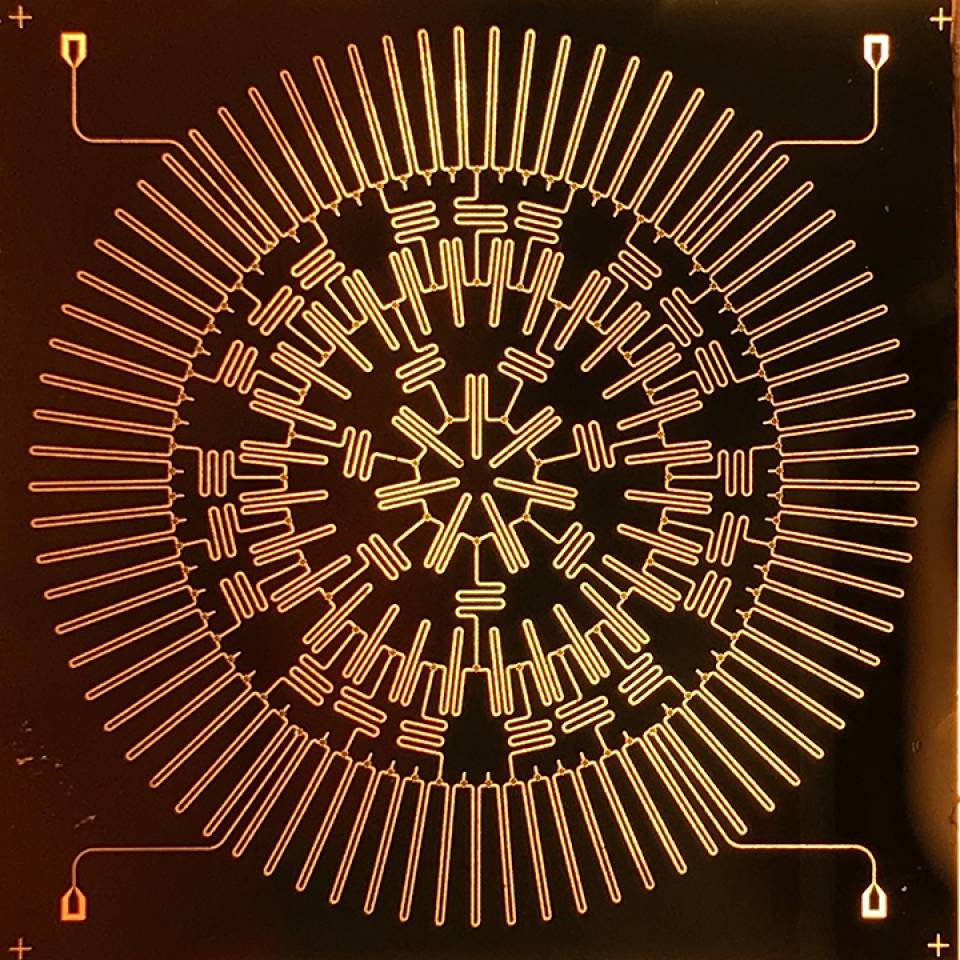As we delve into the prospective ramifications of quantum mechanics on cryptographic practices, one cannot help but ponder the seemingly innocuous phrase, “What happens to your passwords in a quantum future?” The advent of quantum computing heralds a paradigm shift in computational power, enabling the execution of operations that classical computers could scarcely envisage. This transformation imposes significant challenges on the security infrastructures that underpin our digital lives, particularly concerning password protection.
To systematically address the inquiry, it is prudent to first examine the foundational tenets of password security. Conventional encryption algorithms, such as RSA and ECC (Elliptic Curve Cryptography), rely on the computational complexity of certain mathematical problems. The security of these algorithms is predicated on the presumption that factoring large integers or solving the discrete logarithm problem remains computationally intractable for classical machines. However, the emergence of quantum computing threatens to unravel these presumptions.
At the core of this disruption is Shor’s Algorithm, a quantum algorithm capable of factoring large integers exponentially faster than the best-known classical algorithms. Should a sufficiently powerful quantum computer come into existence, it would render traditional encryption methods obsolete, allowing an adversary to derive passwords and private keys with alarming efficiency. This raises a salient question—how do we defend our digital identities in an era of quantum supremacy?
The implications for password management are profound. In a world where quantum computers can execute calculations at unprecedented speeds, simply lengthening passwords or employing more complex characters may no longer suffice. An average password that would take centuries to crack using classical algorithms could be compromised in mere minutes, or even seconds, by a quantum adversary. Thus, the longevity of our existing password protocols is in jeopardy.
As we contemplate solutions, one possibility lies within the realm of quantum cryptography. Through protocols such as Quantum Key Distribution (QKD), information can be securely transmitted in a manner that exploits the principles of quantum mechanics. QKD utilizes the peculiarities of quantum states, wherein observing a quantum bit (qubit) alters its state; thus, any eavesdropping attempts would be immediately detectable. As such, QKD provides a formidable defense against the impending quantum threat.
Yet, the path to widespread implementation of quantum cryptography is fraught with challenges. The necessity for specialized hardware and a robust infrastructure further complicates its adoption. Moreover, while quantum protocols may bolster the security of new systems, legacy systems reliant on classical encryption methods will remain vulnerable until a comprehensive migration to quantum-resistant algorithms occurs.
This brings us to the concept of post-quantum cryptography—a field dedicated to developing cryptographic algorithms that remain secure in a post-quantum computing landscape. These algorithms are designed to resist potential quantum attacks while still being implementable on current classical architectures. Researchers are actively engaged in identifying and standardizing these algorithms, with the hopes of reinforcing our digital fortifications before quantum computers become commonplace.
Moreover, the challenge of securing passwords extends beyond mere algorithm redesign. User behavior plays a critical role in the efficacy of password management. The reliance on weak, easily guessable passwords, alongside ubiquitous practices such as password reuse across multiple platforms, creates points of vulnerability that quantum computing merely exacerbates. Educating users about robust password practices and the importance of unique credentials is imperative for an effective defense strategy.
Yet, one might ask: Are passwords themselves an obsolete mechanism for authentication? As we traverse the frontier of technological innovation, alternative authentication methods such as biometric authentication are gaining traction. Fingerprints, facial recognition, and even behavioral biometrics present opportunities to enhance security in a quantum age. However, these methods are not without their own sets of challenges, including privacy concerns and susceptibility to spoofing attacks.
Consequently, the resolution to our quandary may not lie in abandoning passwords altogether but rather in reimagining their role within a multi-faceted authentication framework. Utilizing a combination of passwords, biometric identifiers, and context-aware authentication could yield a robust solution that mitigates vulnerability while enhancing user experience.
As we move toward a quantum future, the urgency of redefining our approach to password security cannot be overstated. The convergence of advancements in quantum computing and cryptography calls for a proactive stance in both research and practical applications. Collaborations between academia, industry, and governmental entities will be crucial to developing innovative cryptographic approaches and widespread user adoption of new technologies.
Ultimately, the challenge is as much technical as it is societal. As we stand on the precipice of a quantum revolution, stakeholders must be vigilant, adopting a multifaceted strategy to safeguard digital identities. Balancing innovation with security necessitates foresight and collaboration, enabling us to navigate the complexities of password management within a quantum-enhanced landscape. The question lingers: will we be prepared to secure our identities in this brave new world, or will we find ourselves adrift in an ocean of quantum uncertainty?












